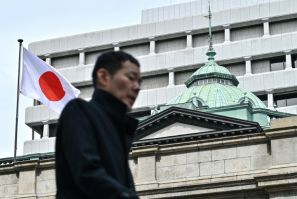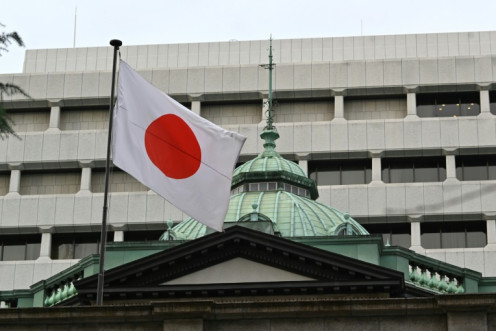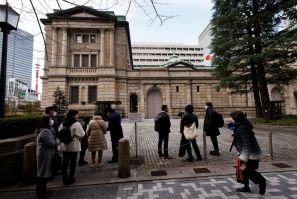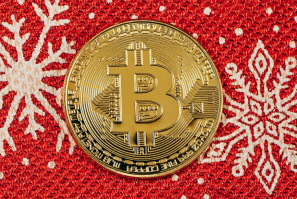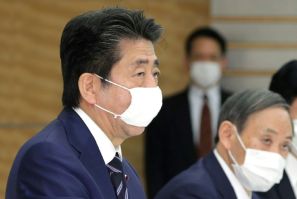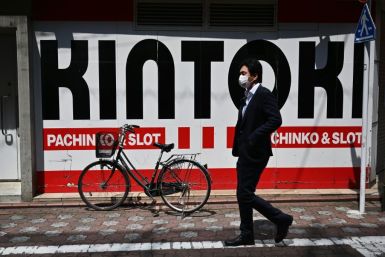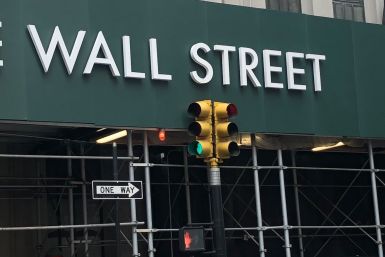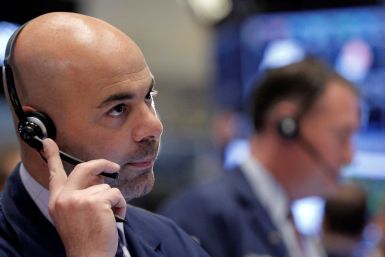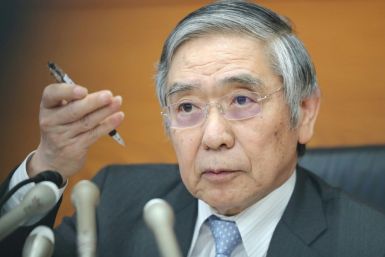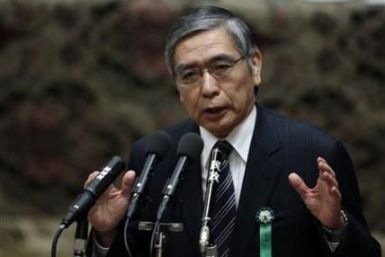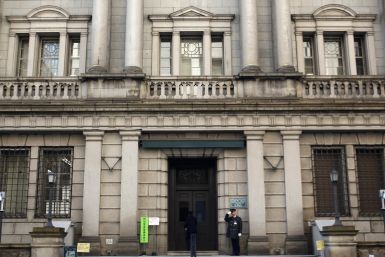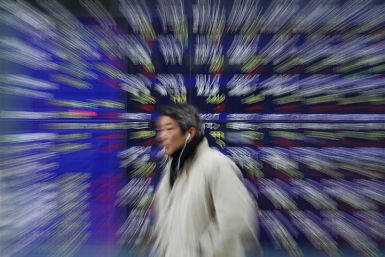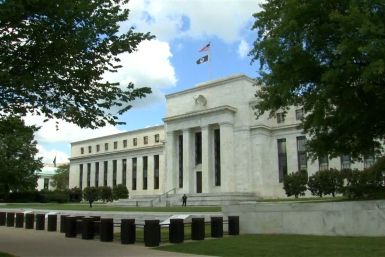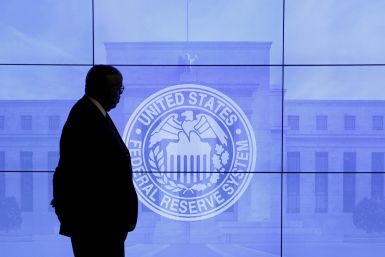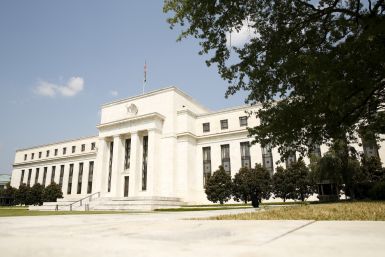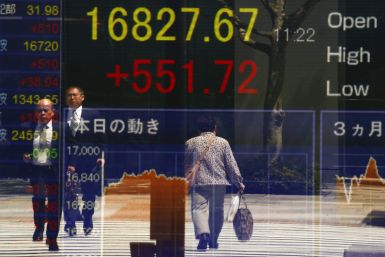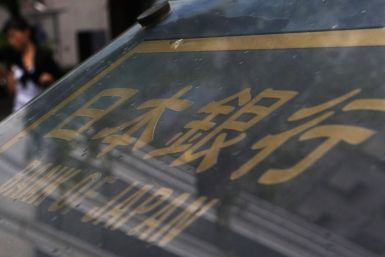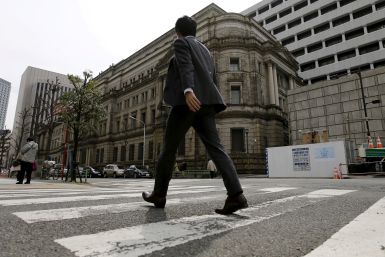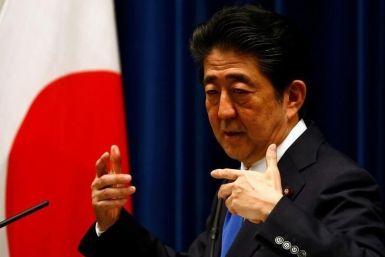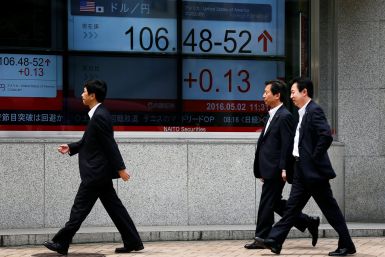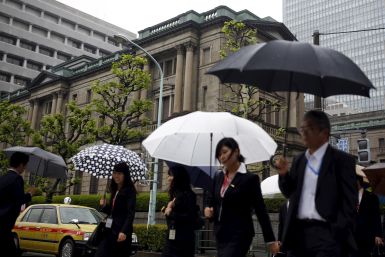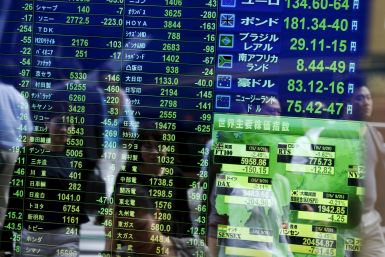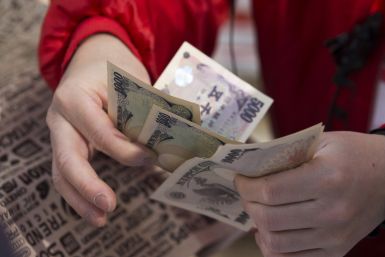Japan is the third largest economy in the world.
U.S. stocks gained on Monday as New York and some other states consider reopening their economies.
U.S. stocks gained on Monday as New York and some other states mull reopening their economies.
U.S. stocks dropped on Monday despite massive stimulus package from the Fed
U.S. stocks fell on Tuesday after China reported new SARS-like virus.
Bank of Japan lifts growth outlook, keeps easy money policy
Bank of Japan Governor Haruhiko Kuroda believes that Japan's export-driven economy needs a mixture of fiscal and monetary policies to withstand a global economic slowdown.
The Bank of Japan on Wednesday decided to adopt a target for long-term interest rates in an overhaul of its massive stimulus program.
With the global economy showing few signs of rebounding and investors fretting about the limits of major central banks’ easings, the BOJ’s move came as a welcome relief for risk asset markets.
What would a 0.25 percent rate hike mean for Main Street? An average $6.45 a month tacked on to credit card bills and variable rate mortgage payments.
The U.S. Federal Reserve and the Bank of Japan will hold their respective two-day policy meetings Tuesday and Wednesday.
The U.S. Federal Reserve Open Markets Committee meets Tuesday and Wednesday to consider whether to raise interest rates immediately or put off action until the end of the year.
The soggy Asian start followed an uninspiring performance overnight on Wall Street where the Dow lost 0.2 percent and the S&P 500 shed 0.1 percent.
Japan’s central bank also suggested that a major overhaul of its stimulus program may be forthcoming.
The yen surged broadly after the Bank of Japan’s decision, hitting a 22-month high against the dollar and multiyear highs against the euro and sterling.
The trouble is that long-term focused foreign funds have turned bearish on doubts that Tokyo can pull Japan out of two decades of economic stagnation.
Next week's gathering in Japan is expected to yield a “go your own way” response from member nations on economic growth strategies.
Finance Minister Taro Aso said Monday that Tokyo was willing to intervene in currency markets if appreciation of the yen hurt the Japanese economy.
Stock markets traded broadly lower Thursday as investors reeled under the Bank of Japan’s decision to hold fire on stimulus.
The central bank held fire on expanding monetary stimulus despite fresh data adding to concerns about the state of the world’s third-largest economy.
The Bank of Japan makes its policy decision Thursday amid some speculation it could ramp up its already extensive monetary stimulus scheme.
Japan has been trying to drive its currency down in order to make its exports cheaper and strengthen corporate profits earned abroad.




